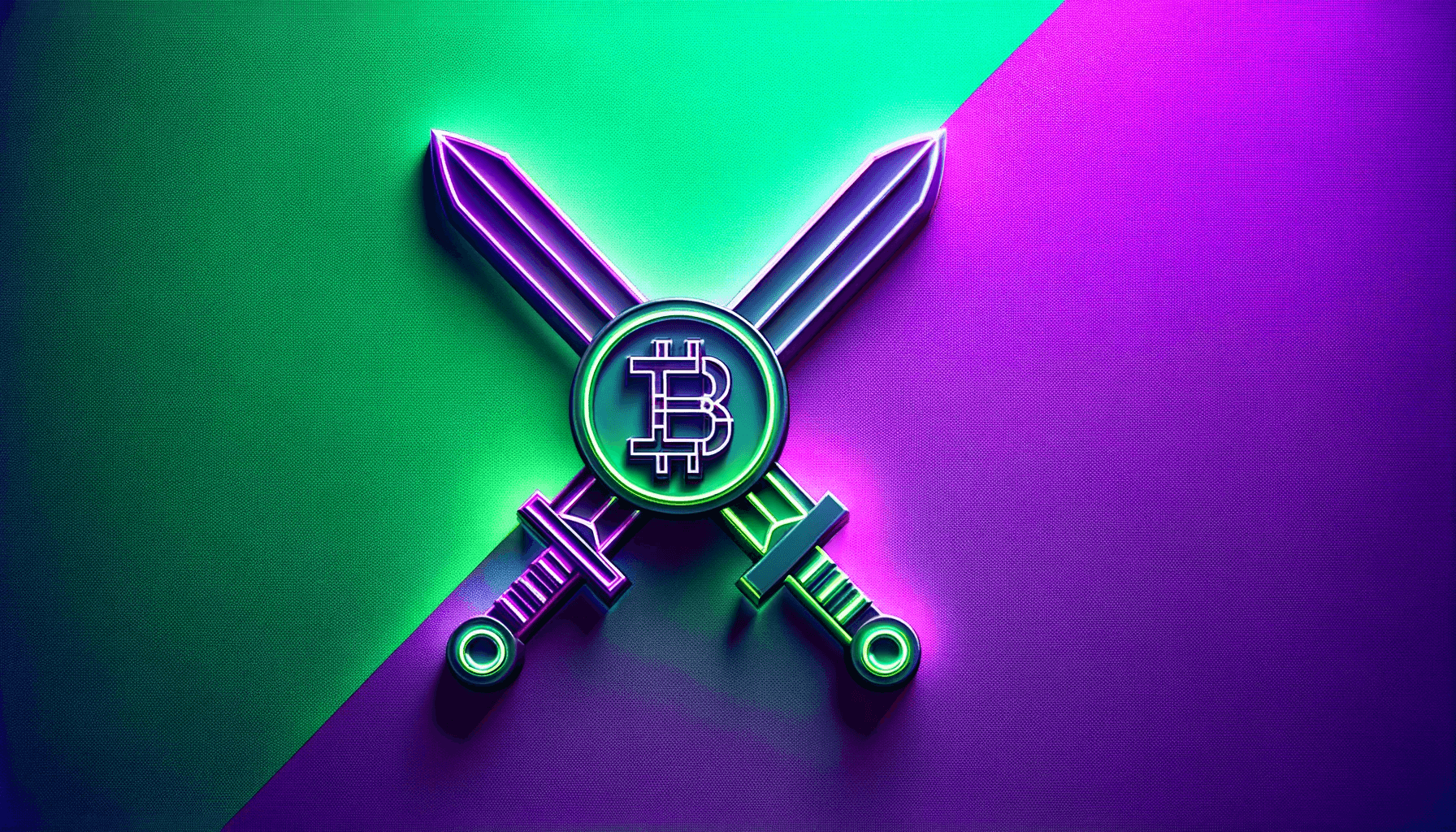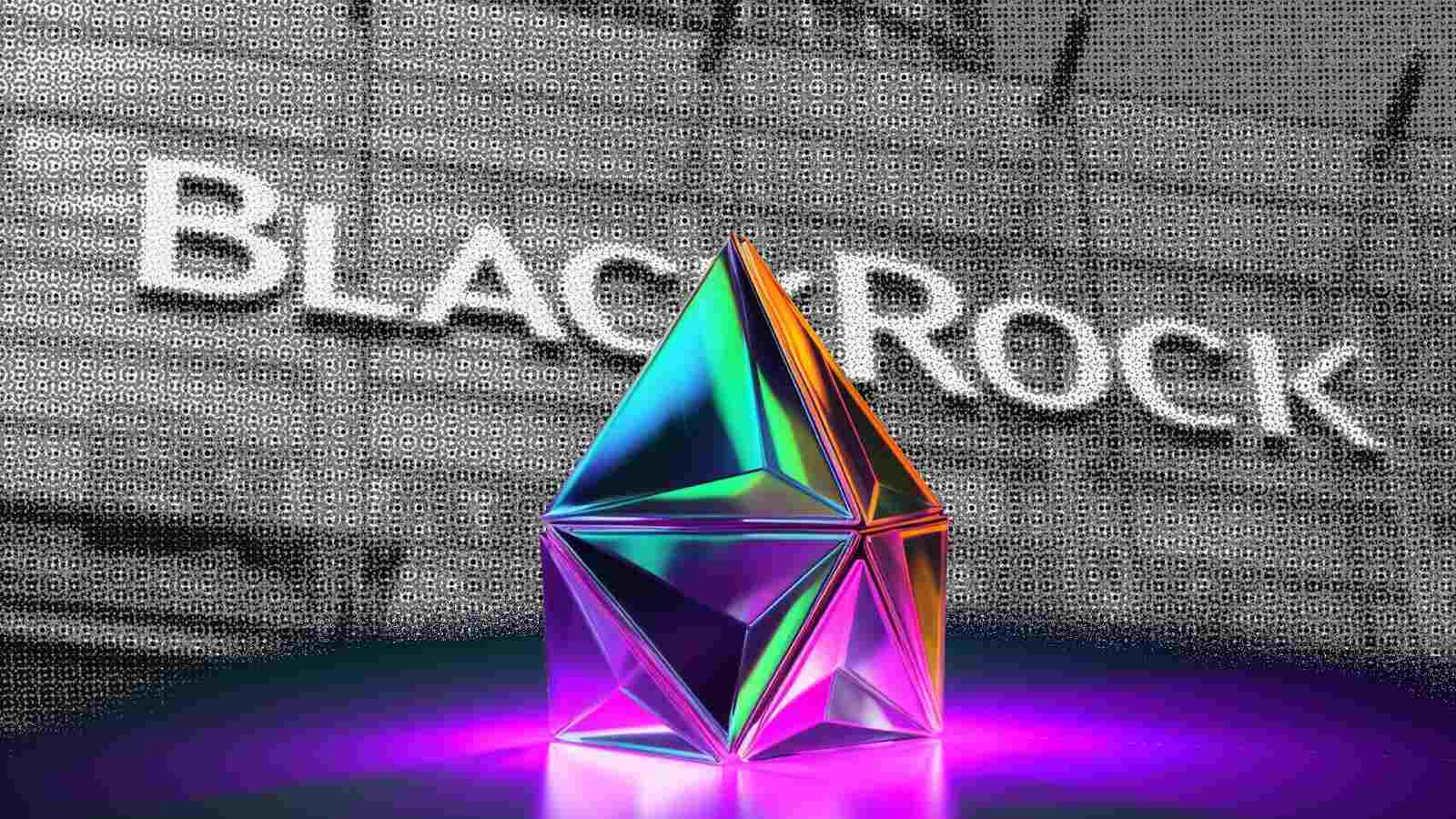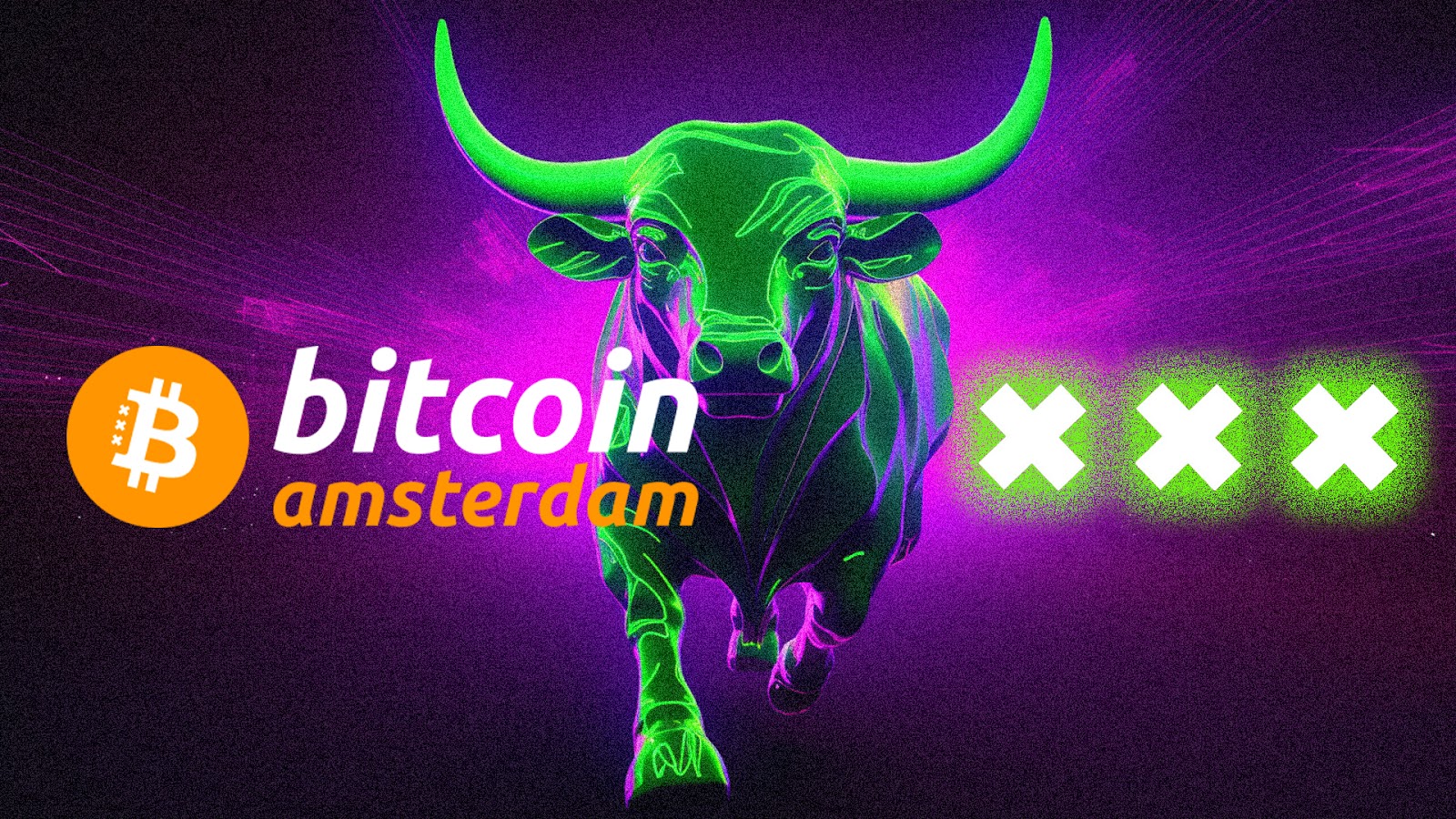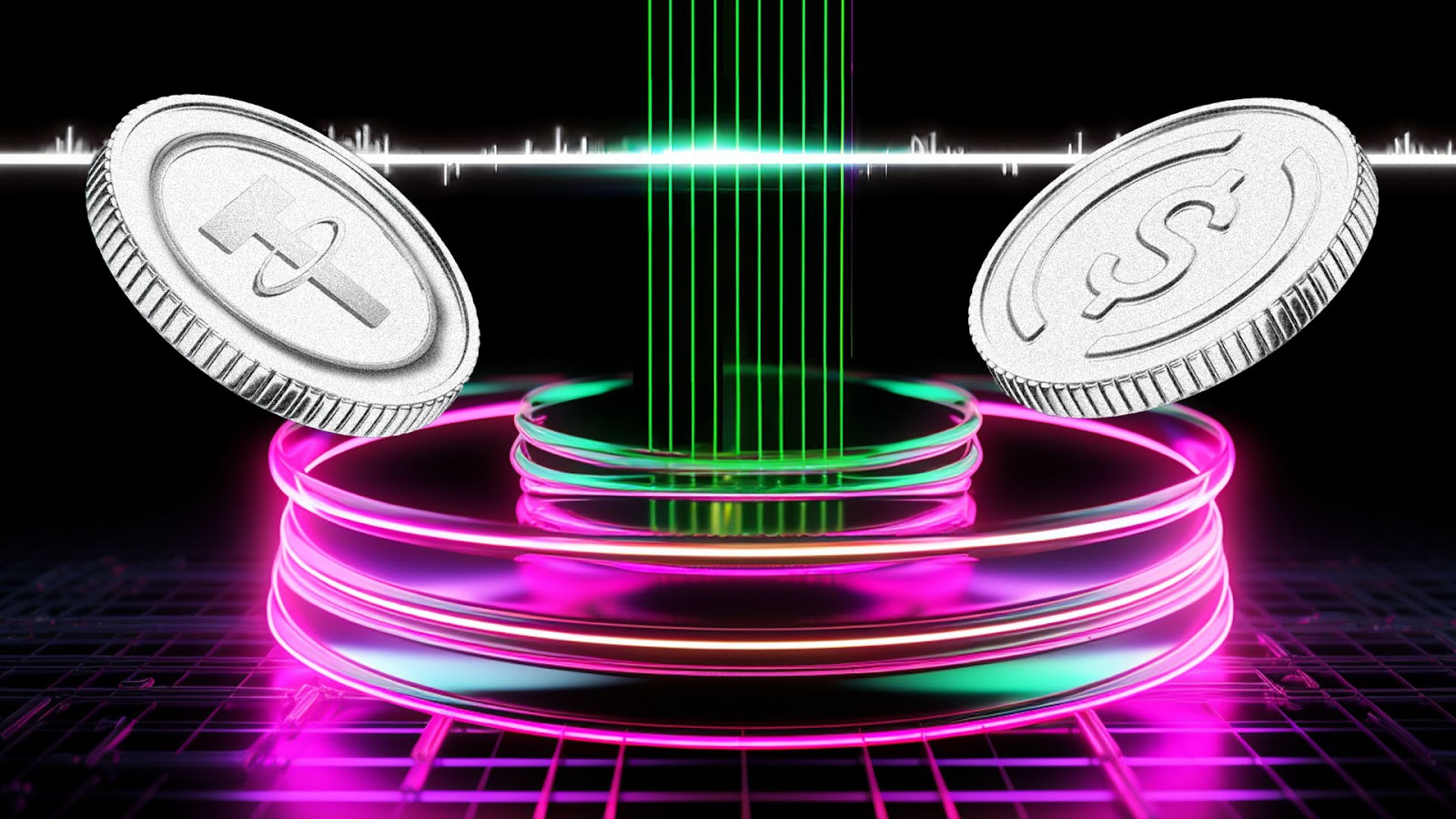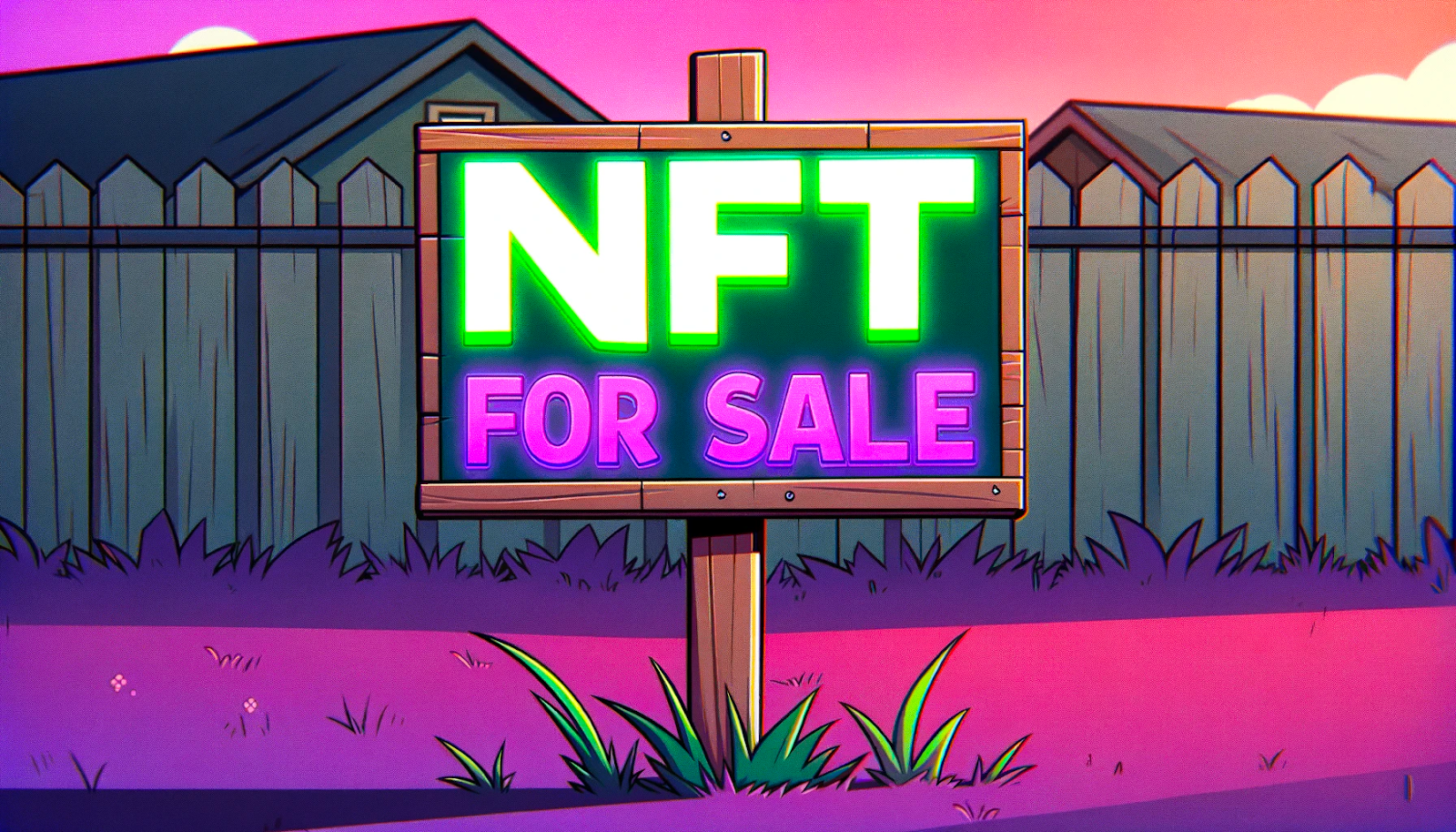
Introduced by Anatoly Yakovenko in 2017, Solana (SOL) is now one the fastest-growing crypto ecosystems. With the ability to scale DeFi projects by processing 710,000 transactions per second on a standard gigabit network, how to deploy Solana smart contract is now a worthwhile question to ponder.
TABLE OF CONTENTS
What is Solana?
Understanding the Structure of Solana's Smart Contracts
Putting an End to the Solana Development Myth
Workflows for Solana Development
How to Deploy Solana Smart Contract
About the HelloWorld Program
How to Deploy Solana Smart Contract - Conclusion
How to Deploy Solana Smart Contract - FAQ
What is Solana?
Crafted as a decentralised blockchain ecosystem, Solana strategically sidesteps the congestion and scalability challenges that often plague conventional blockchains. In doing so, it positions itself as a cutting-edge open-source project by emphasising enhancements in scalability metrics like transaction per second (TPS) and swift confirmation times.
Additionally, it boasts revolutionary technologies harnessed from Intel, Netscape, Google, and Qualcomm, to collectively maintain an elevated performance standard.
Understanding the Structure of Solana's Smart Contracts
Source: https://solana.com/news/getting-started-with-solana-development
Solana's approach to smart contract sets it apart from conventional EVM-enabled blockchains. Unlike the traditional model, where code/logic and state are bundled into a single on-chain contract, Solana's smart contracts maintain a distinct structure.
These contracts exist in a read-only or stateless mode, exclusively encapsulating program logic. Once deployed, external accounts can access these smart contracts, engaging in interactions that involve storing program-related data.
Solana smart contracts stand out by separating state (accounts) and contract logic (programs). Notably, Solana accounts store data like wallet information, distinguishing them from Ethereum accounts, which serve as references to users' wallets.
This underscores the unique design philosophies between Solana and traditional EVM-based smart contracts.
Furthermore, Solana is equipped with a CLI and JSON RPC API, enriching the interaction between decentralised applications (DApps) and the Solana ecosystem. Additionally, developers of decentralised applications have the flexibility to utilise existing SDKs to seamlessly engage with both the blockchain and programs within the Solana framework.
Putting an End to the Solana Development Myth
Entering the Solana Ecosystem doesn't require prior smart contract or Rust knowledge. Programs - i.e. Solana's term for smart contracts - are crafted using Rust, C, or C++. Many accessible programs facilitate interaction and development, making dApp creation akin to Web 2.0 development.
The main difference lies in storing data on a blockchain, and users bear transaction/storage costs. Despite the intimidating aura around "blockchain," it's quite straightforward once understood.
Workflows for Solana Development
In comparison to the industry-standard EVM-enabled blockchains, the smart contract methodology employed by Solana NFT developers is notably distinctive and innovative. Unlike traditional EVM-based contracts that amalgamate code/logic and state into a single on-chain agreement, Solana's approach takes a different route. Smart contracts on the Solana blockchain consistently operate in read-only or stateless mode, comprising solely program logic.
This is attributed to the blockchain's need for more support for the concept of states. Following the creation of a smart contract, it becomes accessible to other accounts, allowing them to interact and gather data on the program's activities.
Mastery of Rust or a deep understanding of on-chain programs is not a prerequisite for Solana development. Nevertheless, like most smart contract blockchains, Solana offers two distinct development procedures.
Solana's programs (smart contracts) are crafted in Rust, C, and C++, living on-chain through the Solana Runtime. Accessible to those familiar with the JSON RPC API or related SDKs, these programs can be utilised by anyone. Additionally, the JSON RPC API is open for use by other on-chain applications.
Utilising these SDKs empowers you to craft comprehensive decentralised applications on Solana using your preferred programming language. Once you've gained proficiency with the Solana API, you can delve into the process of creating your applications in Rust, C, or C++.
Programming Smart Contracts
In our exploration of Solana's development methods, we discovered the options of either creating programs from scratch or utilising existing ones to build dApps. Now, let's delve into some of the present programs, all crafted by Solana Labs.
There are two categories within the core software releases (SPL): Native Programs and the Solana Program Library.
Among these, the System program stands out as one of the most widely employed native programs. Its functionality revolves around executing tasks related to account creation and SOL transfer.
Furthermore, two popular Native initiatives are the Staking Program and the Voting Program. On the flip side, within the Solana Program Library, there is a diverse array of programs, with the Token program being particularly noteworthy as Solana's equivalent to Ethereum's ERC-20.
This program facilitates interaction with Solana blockchain-based tokens, including NFTs, enabling tasks like minting, transferring, burning, and querying tokens. With the combination of native and library apps, you can create compelling dApps to kick-start your journey into Solana Blockchain development.
It is highly recommended to explore the spl-token-wallet repository of Project Serum - a React wallet application that facilitates token creation and transfers using a blend of Solana's Solana-web3.js SDK and the Token program (via Token Program JS Bindings)
How to Deploy Solana Smart Contract
In this section, you'll embark on the journey of creating and deploying a Solana smart contract named 'hello world.' Developed in the Rust programming language, HelloWorld is crafted to display a message on the console.
To facilitate this process, the first step entails setting up a Solana environment on Windows. This preliminary configuration not only streamlines the workflow, but also lays the foundation for understanding how to deploy Solana smart contracts effectively.
-
Set Up a Solana Development Environment
Executing smart contract code directly from Windows can be perplexing for many individuals. Therefore, it is advisable to establish a Ubuntu version of WSL (Windows Subsystem for Linux). This setup allows you to write the code in Windows and subsequently compile the Rust smart contract into a .so file seamlessly.
Once you’ve done this, proceed by executing the Hello World application to perform a test.
-
Create Solana Smart Contract in Rust Programming Language
For deploying smart contracts, the following installations are necessary:
-
NodJS v14 or greater and NPM.
-
The latest stable Rust build.
-
Solana CLI v1.7.11 or later.
-
Git.
About the HelloWorld Program
HelloWorld serves as a program or smart contract designed to display output on the console. Additionally, it tracks the precise count of how many times the HelloWorld program has been invoked for a specific account and stores this numerical value on-chain. To comprehend its concept thoroughly, let's dissect the code into distinct sections.
The initial segment defines essential parameters for the Solana program, establishing an entry point through the 'process_instruction' function.
Beyond this function, the section leverages borsh (Binary Object Representation Serializer for Hashing) to serialise parameters flowing to and from the deployed program effectively.
Ultimately, you need to follow this provided command to set up the HelloWorld program and deploy your first Solana smart contract.
How to Deploy Solana Smart Contract - Conclusion
Amidst the rising adoption of blockchain and decentralised technology across various industries, the utilisation of decentralised apps is experiencing significant growth.
Solana, renowned for its high-speed, scalability, and cost-effectiveness, serves as an ideal ecosystem for developing swift and scalable smart contracts and decentralised applications.
Constantly updating, Solana provides an exciting prospect for developers like us. It offers a wealth of modern resources, including frameworks, SDKs, and developer tools. Notably, the platform incorporates essential tools like the Solana CLI, enabling users to interact with the protocol through the command line, and the Solana explorer, facilitating the exploration of transactions and accounts across diverse Solana clusters.
If you're curious about how to deploy Solana smart contracts, this dynamic ecosystem provides a robust foundation for exploration and implementation.
How to Deploy Solana Smart Contract - FAQ
Can I use Solidity on Solana?
Solang, a Solidity compiler for Solana, allows developers to write and deploy Solidity smart contracts on Solana. Anchor, Solana's framework, now supports Solang. This guide demonstrates creating and testing Solana programs using Solidity and Solang.
Which language is Solana smart contract?
In Solana, the creation of smart contracts is facilitated by Anchor, a programming language based on Rust and explicitly crafted for Solana.
Does Solana run smart contracts?
Solana stands out as a rapidly advancing and high-performance blockchain, distinguished by its exceptional scalability. Functioning as a protocol, it enables the creation of diverse smart contracts, empowering the development of various dApps, including P2P lending systems, NFT marketplaces, wallets, DEXs, and more.
Is Solana a smart contract platform?
Solana Programs, frequently denoted as "smart contracts" compared to other blockchains, embody the executable code responsible for interpreting instructions within each transaction on the blockchain. These programs can be directly deployed into the network's core as Native Programs or disseminated by any individual as On-Chain Programs.
How fast is Solana's smart contract?
In practical terms, Solana showcases an impressive maximum throughput of 50,000 transactions per second, significantly outperforming rivals like Ethereum and Bitcoin.
Want More Cutting-Edge Crypto News?
Follow Us: X TikTok Instagram Telegram LinkedIn
Sign up for our newsletter at the bottom of the page
Check Out Our Top 10 Crypto Currencies of 2024
This article is intended for educational purposes and is not financial advice.


